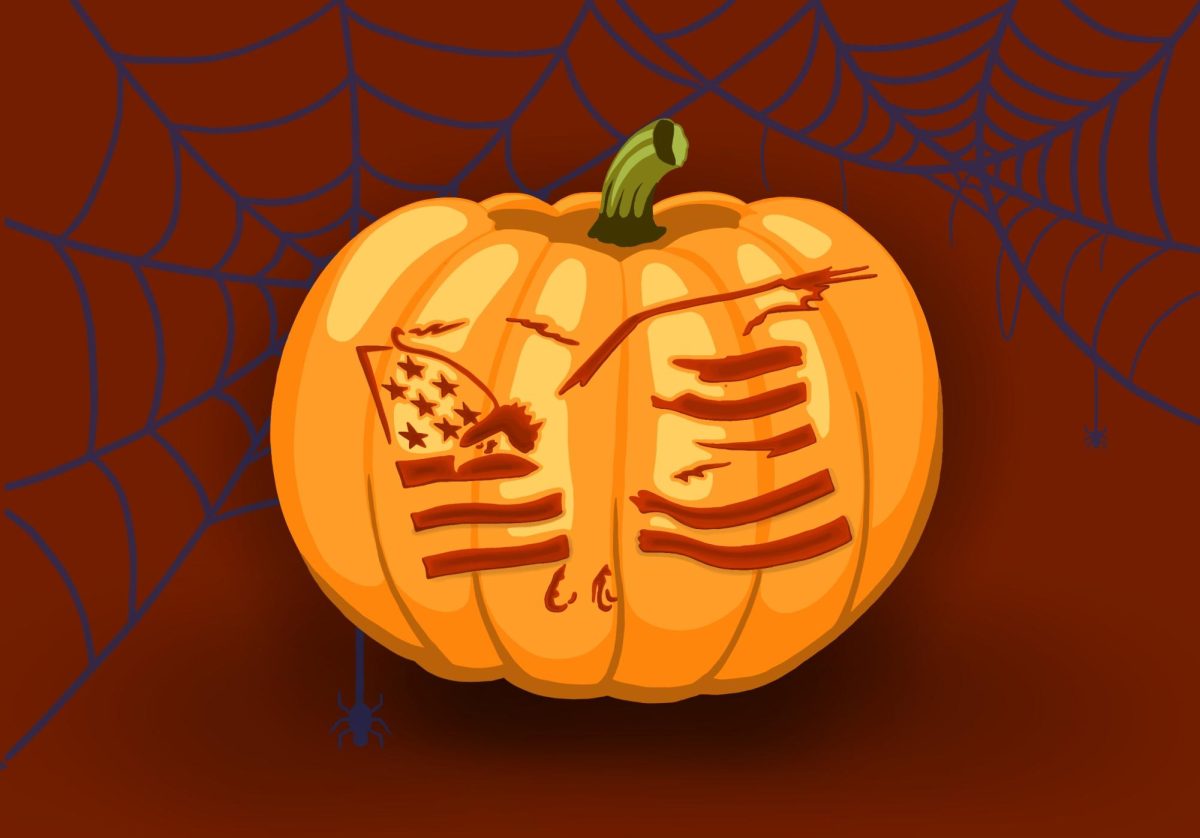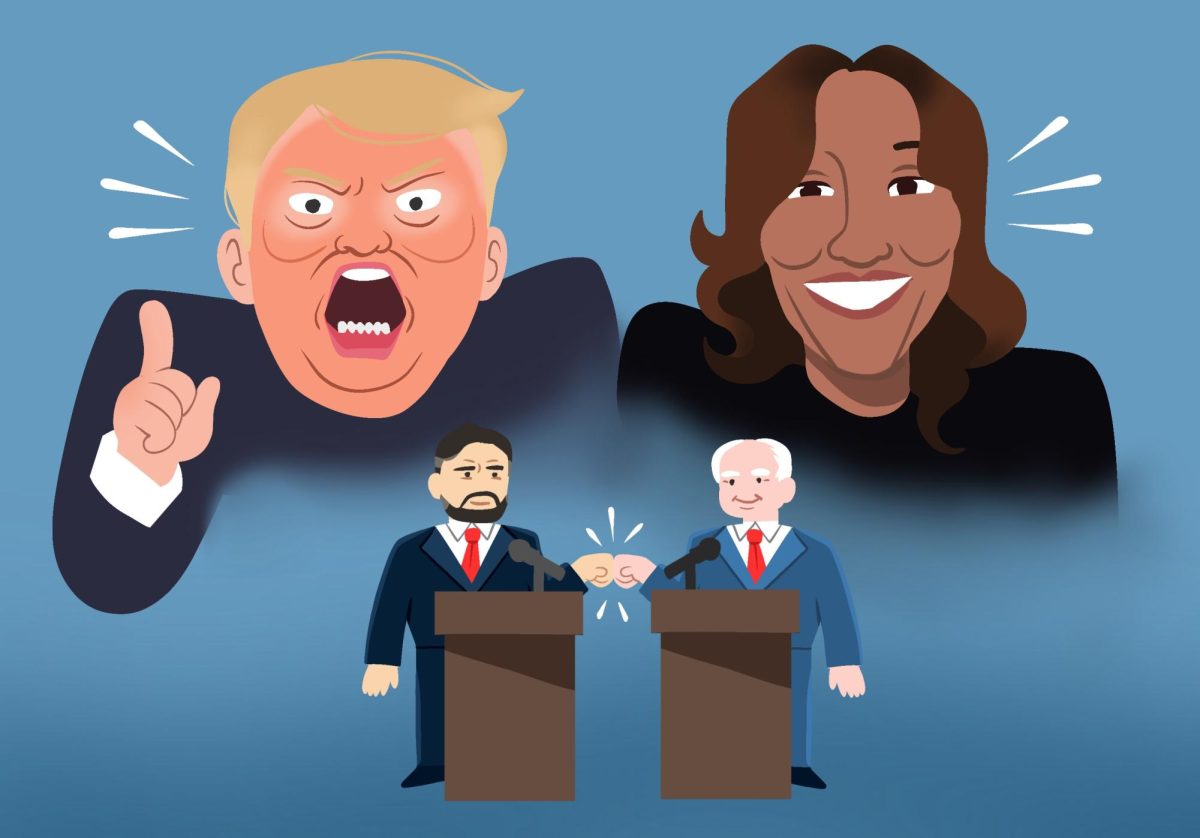Administrators at Wando High School of South Carolina have a unique problem this spring. The school’s drama teacher and students have chosen Harper Lee’s “To Kill a Mockingbird” for the spring play production. But, as is happening at schools across the country, educators are worrying aloud about whether the time has come to remove racially charged literature – like “To Kill a Mockingbird” -from the curricula.
It’s nothing new for literature to be censored for public reading. When Mark Twain’s “The Adventures of Huckleberry Finn” was banned by the Concord, Mass., library, the writer reportedly told his publisher, “They have expelled Huck from their library as ‘trash suitable only for the slums;’ that will sell 25,000 copies for us for sure.”
Today, the debate over censorship is not about maintaining moral standards in public view as it was in Twain’s time. Instead, it is about the tradeoff between political correctness and learning in American schools. It is about whether teachers should edit their curricula to shield students from literature that addresses old ideas of race and imperialism.
Surely, there is good reason for teachers to think twice about how and when to introduce students to unnerving material. But educators need to be careful about giving more weight to making students comfortable in the classroom than to learning.
Probably the biggest risk teachers face is censoring their curricula right out of reality. American Library Association numbers show that 42 of Radcliffe Publishing Course’s top 100 novels of the 20th century have been targeted for bans from classrooms or libraries. That includes books like “Catcher in the Rye,” by J.D. Salinger, “1984,” by George Orwell and Joseph Conrad’s “Heart of Darkness,” which explores both the subtle and overt racism of imperial Europe.
There might not be much chance of a return to colonial times, but the ethnic and religious ills of even developed societies should make people think twice about sweeping the lessons of the past under a carpet of political correctness. The best books challenge readers to understand and confront their own presumptions and apathies, however uncomfortable. That is a central purpose of literature.
But serious people know that political correctness, taken to an extreme, creates a kind of historical censorship that is actually celebrated by do-gooders. Limiting kids’ exposure to ugly racial epithets or, say, ethnically motivated violence, can be seen as an effort to preserve innocence and childhood – something all parents are rightfully inclined to do.
Unfortunately, the ultimate result can be overprotected young adults who cannot deal with ugly reality. Imagine what students would lose from a curriculum that entirely ignores John Steinbeck, Mark Twain and James Joyce. When school teachers are forced to put social convention and student comfort above education, young people pay the ultimate price of naïveté and callousness.
It also makes them targets for indoctrination. Remember that today’s most vicious and violent anti-Semites are the first people to deny Dachau and Auschwitz. Holocaust deniers know that people are less likely to buy their cause when they recognize an evil parallel in history. The question, then, is whether school districts should shun “Mein Kampf,” solely because it is unpleasant material for young people.
The lingering popularity of the word “nigger” is another good example. The use of probably the most hostile word in the English language – especially as a cavalier term of endearment – can only be explained by an absolute dearth of historical perspective among young adults. “Nigger” is not something to call your friend. Yet, it is shouted across lunch rooms in schools and sung in popular hip-hop that, ironically, is defended as being “empowering” for vulnerable youth.
Combating such ignorance is a must for educators, but it is admittedly precarious. Teachers and school administrators have a right to be cautious about what they do and don’t include in curricula. Parents have never and should never sign over their responsibilities to schools; educators should never be expected to turn out socially decorous kids.
Teachers also need to exercise a reasonable level of caution and explicit intent with sensitive readings. Books like “The Adventures of Huckleberry Finn” and “To Kill a Mockingbird” have purpose only when they are taught, first of all, to mature, competent students, and secondly, with due gravity. Third-graders wouldn’t get the point of “Heart of Darkness,” nor – at that age – should they.
Eventually, though, schools shouldn’t hesitate to expose students to difficult literature or even difficult movies. People who have seen “Saving Private Ryan,” “Hotel Rwanda” and “Harrison’s Flowers” likely have very mature perceptions of hate and violence. Ensuring teens develop that sensibility means parents and educators need to oppose what is probably best called “politically correct book burning” in U.S. schools.
Darren Bernard welcomes comments at [email protected].






